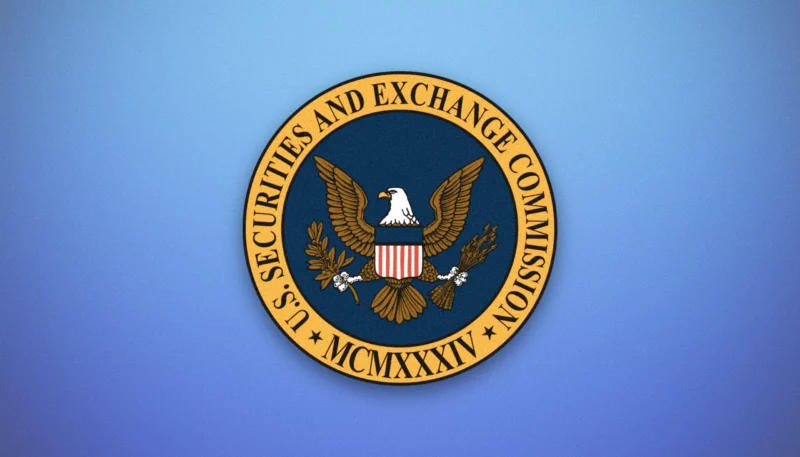This post is the fourth in a series exploring when securities laws impact business transactions.
In my previous posts, I provided a general overview of the definition of a “security” under federal securities laws, and covered when various categories of instruments constitute a security, including partnership and limited liability company interests. In this post, we’ll explore when a promissory note falls within the definition of a security under federal law.
Under the federal Securities Act, the definition of a security includes “any note.” Taken literally, this could bring within securities regulation a vast number of transactions, including personal loans, commercial loans, and mortgage transactions, which would require the borrower to comply with securities laws. Fortunately, courts have not taken the words “any note” literally, and in the case Reves v. Ernst & Young, 110 S. Ct. 945 (1990), the Supreme Court adopted the “family resemblance” test to determine whether a particular loan transaction involves securities laws.
Under the family resemblance test, there is a rebuttable presumption that a note is a security, unless it resembles a type of note that commonly is not considered a security. However, the court also recognized that most notes are, in fact, not securities. The Court listed a number of categories of transactions that do not implicate U.S. securities laws:
- A note delivered in consumer financing.
- A note secured by a mortgage on a home.
- A note secured by a lien on a small business or some of its assets.
- A note relating to a “character” loan to a bank customer.
- A note which formalizes an open-account indebtedness incurred in the ordinary course of business.
- Short-term notes secured by an assignment of accounts receivables.
- Notes given in connection with loans by a commercial bank to a business for current operations.
Just because a transaction does not fit within the list above does not mean that the note is a security. For other transactions, the Court set out a four factor balancing test. The four factors are:
- Whether the borrower’s motivation is to raise money for general business use, and whether the lender’s motivation is to make a profit, including interest. The second half of this factor is not particularly helpful, since almost all loans involve earning a profit.[1] However, the first half can often come into play. If purpose of the transaction is to raise money for general business use or to finance a substantial investment, the note is more likely to be security; conversely, if the purpose is to facilitate the purchase and sale of a minor asset or consumer good, or to correct for cash-flow difficulties, or to advance some other “commercial or consumer purpose,” the note is less likely to be a security
- Whether the borrower’s plan of distribution of the note resembles the plan of distribution of a security. In general, the more buyers and the less sophistication of the buyers, the more likely it is that the notes are securities. In addition, the presence of any significant negotiation over the terms of a loan (or if the lender dictates the terms of the loan) usually makes it less likely that the note would be considered a security.
- Whether the investing public reasonably expects that the note is a security. If the purchasers view the notes as a type of investment, they are more likely to be securities. In addition, if the notes are unsecured, they are more likely to be securities.
- Whether there is a regulatory scheme that protects the investor other than the securities laws. For example, if notes are regulated under Federal Deposit Insurance or ERISA, they are less likely to be a security.
Of course, with any kind of multi factor balancing test, there is a high degree of subjectivity. As a result, it is fair to say that a note is often a security when a court thinks that it should be, which makes structuring loan transactions all the more tricky. Here are some practical guidelines:
- If you’re selling notes to multiple people, it is likely to be a security. This is even more the case if the purchasing parties are not in the business of making loans.
- If you’re getting a loan from one party that is in the business of making loans (like a bank), then the note associated with the loan is not likely to be a security.
- If you’re borrowing the money personally, it is less likely to be a security than if your business is borrowing it.
Beyond that, if the circumstances are ambiguous, be sure to find qualified securities counsel.
Footnotes
[1] However, a loan among family members, where the prime motive is not profit, would be a good example of a note where profit was not the motive behind making the loan.
———————————–
© 2012 Alexander J. Davie — This article is for general information only. The information presented should not be construed to be formal legal advice nor the formation of a lawyer/client relationship.




